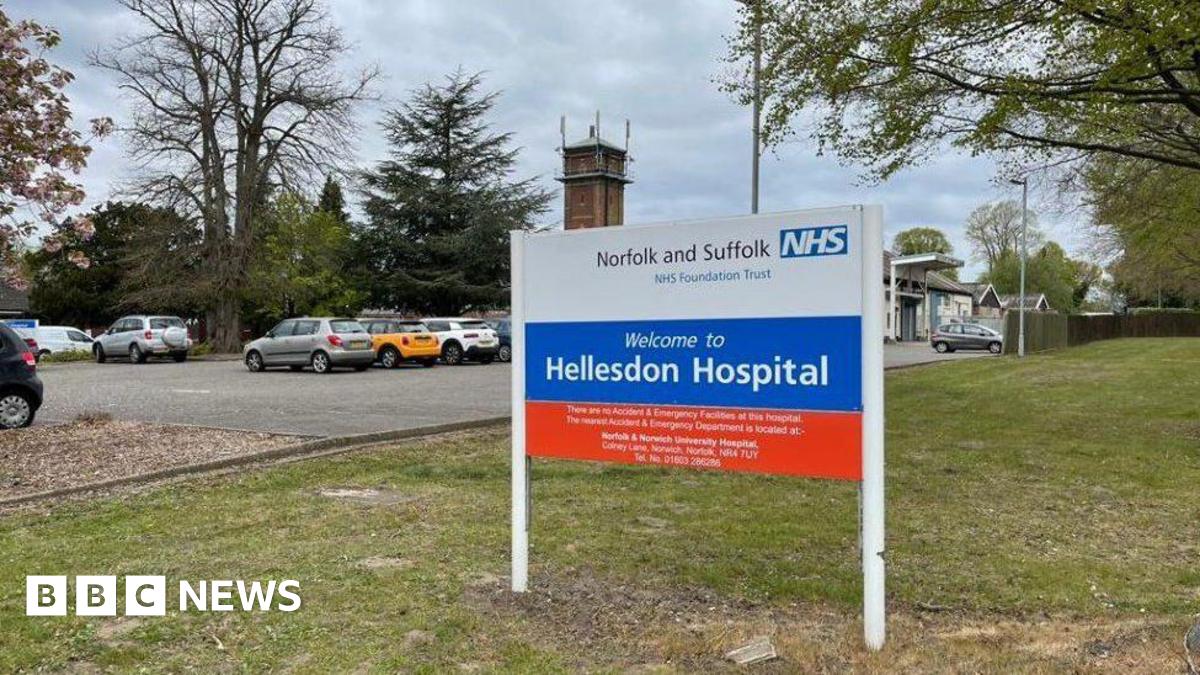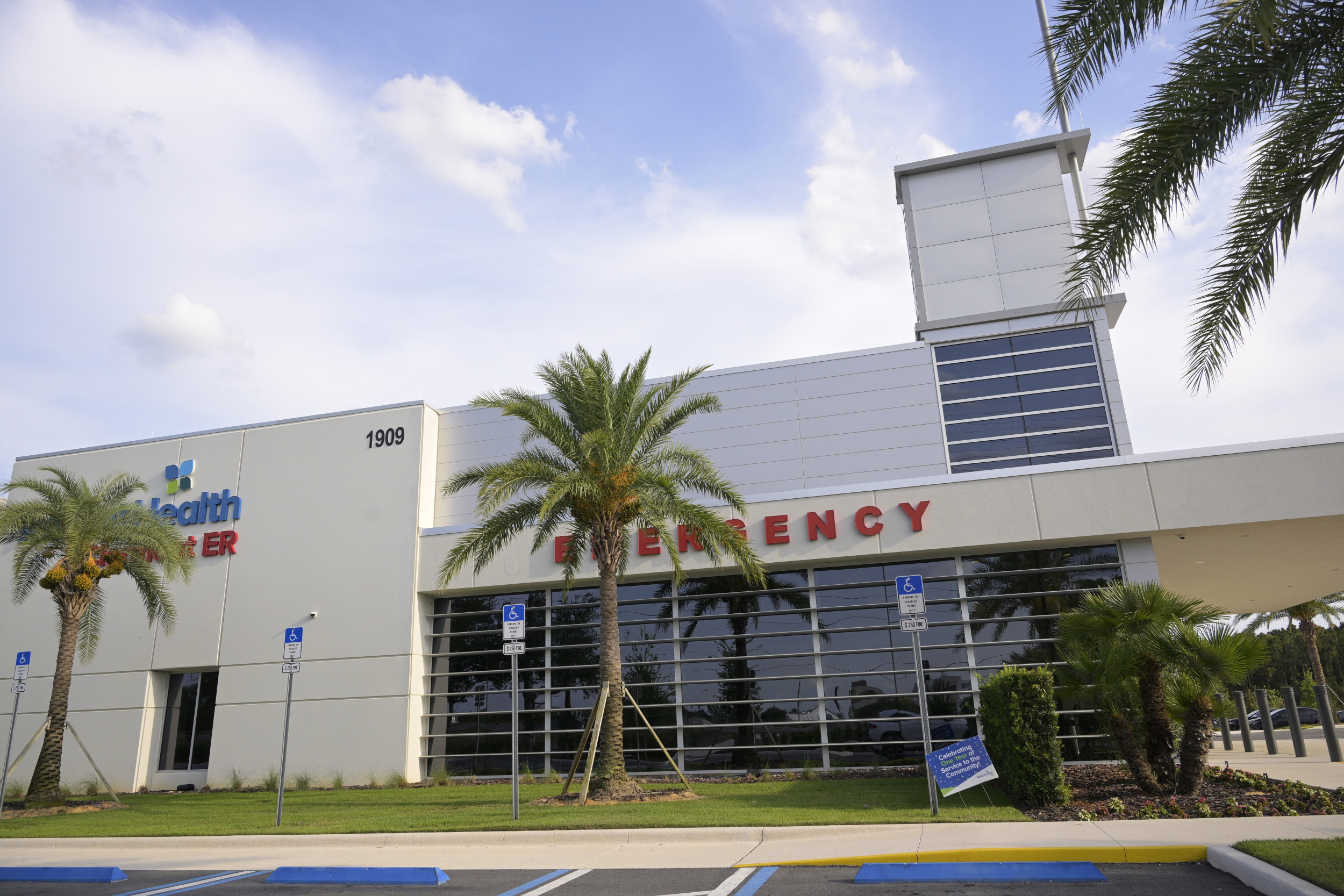Your Medical Data: How Much Is It Really Worth? Exploring the Hidden Economics of Healthcare Records

The Booming Market of Health Data
The healthcare industry is undergoing a quiet revolution, fueled by the increasing value of real-world data. De-identified health records are at the heart of a multi-billion-dollar industry, impacting everything from drug development to personalized medicine. But have you ever stopped to consider the actual worth of *your* medical record? It's a complex question with surprising implications.
Beyond the Patient-Doctor Relationship
Traditionally, we view medical records as vital tools for our doctors, assisting in diagnosis, treatment, and ongoing care. However, their utility extends far beyond the patient-doctor relationship. Pharmaceutical companies use aggregated data to identify potential drug candidates and analyze treatment effectiveness. Insurance providers leverage records to assess risk and personalize premiums. Research institutions rely on them to advance medical knowledge and develop new therapies. And increasingly, technology companies are exploring how to use health data to improve wellness apps and wearable devices.
De-identification: The Key to Value
The crucial element enabling this data-driven ecosystem is de-identification. This process removes personal identifiers – names, addresses, social security numbers – ensuring individual privacy while allowing for broad data analysis. However, the effectiveness of de-identification is a subject of ongoing debate. Sophisticated data analytics techniques can sometimes re-identify individuals, raising significant privacy concerns.
Valuation Challenges: A Multi-faceted Approach
Determining the monetary value of a single medical record is incredibly difficult. It’s not like valuing a car or a house. Several factors contribute to its worth:
- Data Quality: Complete, accurate, and consistently formatted records are more valuable.
- Rarity of the Data: Records from individuals with rare diseases or specific demographics are highly sought after.
- Data Use Case: The potential application of the data significantly impacts its value. A record useful for developing a blockbuster drug is worth more than one used for a minor research study.
- Regulatory Landscape: HIPAA and other privacy regulations influence how data can be used and, therefore, its value.
Estimates and Trends: What Numbers Are We Seeing?
While precise figures are elusive, industry estimates suggest that a single de-identified medical record can range from a few dollars to hundreds of dollars. Some reports estimate the entire market for health data to be worth tens of billions of dollars annually, with continued growth expected. This growth is driven by factors like the increasing adoption of electronic health records (EHRs), the rise of personalized medicine, and the expanding use of artificial intelligence (AI) in healthcare.
The Ethical Considerations and Your Rights
As the value of health data increases, so do the ethical considerations. Individuals have a right to understand how their data is being used and to control its dissemination. While de-identification is intended to protect privacy, the risk of re-identification remains. Furthermore, questions arise about whether individuals should be compensated for the use of their data.
The conversation around health data is evolving. Increasing transparency and greater control for patients are essential to ensuring that the benefits of data-driven healthcare are realized while respecting individual privacy and rights. Understanding the economics behind your medical data is the first step towards participating in this important discussion.






